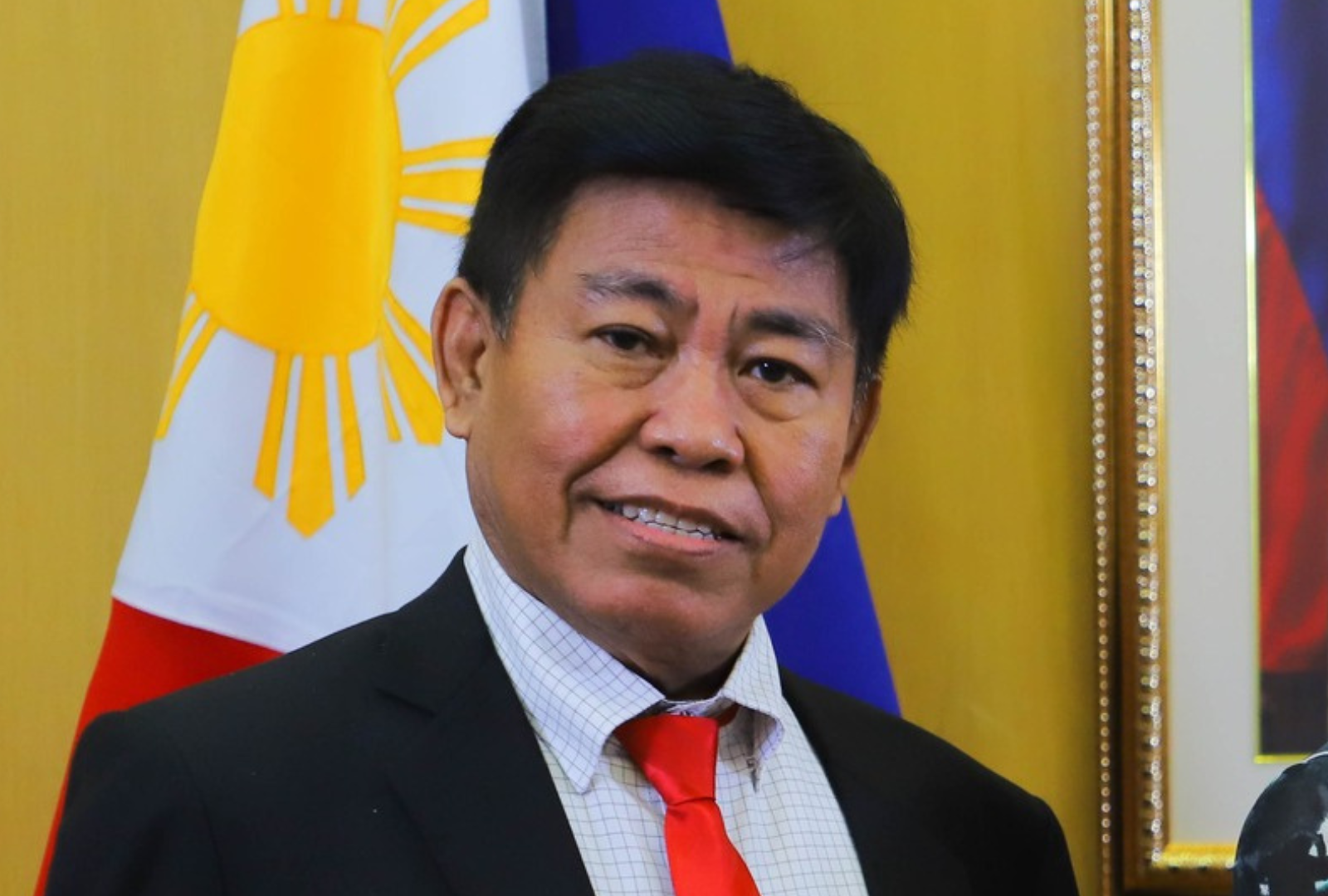Gov’t sees 100,000 amnesty applicants

Commissioner Nasser Marohomsalic of the National Amnesty Commission (NAC) —official Facebook page of the Office of the Presidential Adviser and Peace Reconciliation and Unity (OPAPRU)
MANILA, Philippines — The government is expecting around 100,000 former rebels—both Muslim separatists and communist insurgents—to avail of the amnesty President Ferdinand Marcos Jr. offered in four proclamations last year.
According to Commissioner Nasser Marohomsalic of the National Amnesty Commission (NAC), the number was still tentative, but the agency expects the bulk of the applicants to come from the Moro Islamic Liberation Front (MILF) and leftist groups.
READ: Marcos wants to carry out amnesty for communist rebels at once, says Año
“Thousands are currently lined up to file applications,” Marohomsalic said at a news forum on Saturday.
“The paperwork is being done by organizations granted amnesty, like the MNLF (Moro National Liberation Front), MILF, CPP (Communist Party of the Philippines), Kapatiran … We’re waiting and we’re not rushing them.”
Article continues after this advertisementThe NAC, headed by former Commission of Human Rights chair Leah Tanodra-Armamento, is the agency overseeing the process under Proclamations Nos. 403, 404, 405 and 406, signed by the President last year.
Article continues after this advertisementThe proclamations covered the communist Alex Boncayao Brigade, New People’s Army (NPA), CPP and National Democratic Front of the Philippines (NDFP) as well as the MILF and the Moro National Liberation Front (MNLF).
The crimes covered by Marcos’ amnesty include rebellion or insurrection; conspiracy and proposal to commit rebellion or insurrection; disloyalty of public officers or employees; inciting to rebellion or insurrection; sedition, and more.
Start of applications
Marohomsalic said the amnesty process commenced after congressional concurrence, which was made by the Senate only last March.
“So the start of filing of application commenced last March 4 and March 13 accordingly,” he said.
The NAC has released the implementing rules for the President’s amnesty proclamations.
Under the rules, amnesty is defined as an “act of the sovereign power that abolishes criminal liability for past political offenses, overlooks, and obliterates the offense for which persons are charged and/or convicted, and allows these persons to stand before the law as though no offense has been committed.”
The granting of amnesty extinguishes any criminal liability for the acts subject to the amnesty grant and restores all civil and political rights suspended or lost by virtue of criminal conviction.
According to the NAC, individuals seeking amnesty must file their applications with any Local Amnesty Board (LAB) for initial assessment before the NAC recommends presidential approval.
In cases where applicants face arrest warrants and want to personally submit their applications to the LAB, they can request a provisional safe conduct pass from the board in advance.
Individuals who are currently in detention facilities can also apply with the assistance of supervisory officers.
Applicants residing abroad may apply for amnesty through the Philippine consulate in their current country of residence.
Two-year period
According to the NAC, the window for amnesty applications “spans two years from the effective dates of the Proclamations: March 4, 2024, for members of the Alex Boncayao Brigade, MILF and MNLF, and March 13, 2024, for former members associated with the CPP-NPA-NDFP and their front organizations.”
The amnesty, Marohomsalic clarified, does not apply to active members, but they can be considered “former rebels,” if they surrender to the government or if they filed an application.
“We are being liberal in our approach to implementing the program of peace and amnesty,” he said. “If they are rebels currently under detention, they can also apply if … [the] crimes they committed are those included in the crimes that [can be granted amnesty].”
This means that political prisoners charged with crimes like rape, kidnapping and drug-related cases are not eligible for the program, Marohomsalic said.